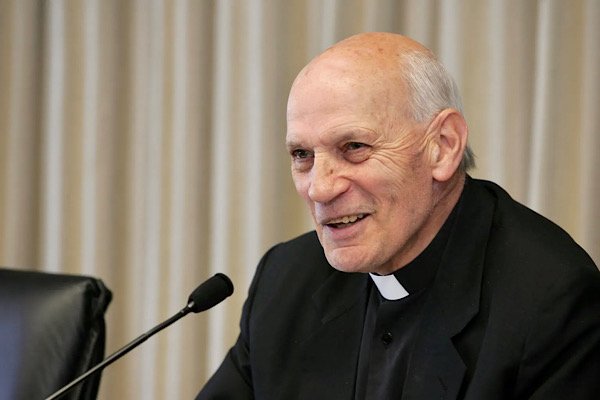Father Pepe, as he was fondly called, was born in Madrid on 4 December, 1934. He asked admission into Opus Dei on 1 June 1955 when he was a student of Law at the Universidad Central de Madrid. He went on to earn his doctorate in 1960 from the University of Barcelona. On 13 August 1961 he was ordained priest. He subsequently earned a doctorate in Theology from the Pontifical Lateran University.
Father Pepe arrived in Manila in late November 1964 to assume the position of Counsellor of the Philippine region. Despite his still limited ability to speak English, he immediately launched himself into giving doctrinal guidance and spiritual direction to a host of university students as well as married individuals.

Bernie Villegas remembers how Fr. Pepe was responsible for the conversion of a young professional to the Catholic faith after just a few months of regular spiritual direction. “He had a great ecumenical spirit that later was manifested in his writing some very important books on Islam and other religions when he returned to academic life at the University of Navarre,” Villegas recalled.
His years as Counsellor saw the beginnings of the Maynilad Study Center and the Banahaw Cultural Center (for men); the Tanglaw Residence and the Mayana School of Home and Fine Arts (for women); and the Center for Research and Communication.
On his return to Spain in 1968, he joined the Faculty of Theology of the University of Navarre. He was a brilliant professor, with a great capacity for work, delivering lectures and directing theses. He authored books and scholarly articles on the life and works of Cardinal Newman, fundamental theology, inter-religious dialogue, and theology of religions, especially issues related to Islam. He also wrote books on Christian asceticism.

Alongside his intense academic work, Father Pepe was valued for his pastoral work with souls and deeds of charity. He was a good conversationalist and an extraordinary preacher. He knew how to accompany spiritually those who needed to resolve personal issues with the light of God. With a tendency to shyness, he was generous with everyone. He lived a simple and austere life. Many witnessed his compassion and merciful attitude towards marginalized people.
In his book on fidelity he wrote: Man must spend or invest his small share of finitude on something worthwhile. He cannot be everything or have everything. He must make a choice and strive to live it right.
